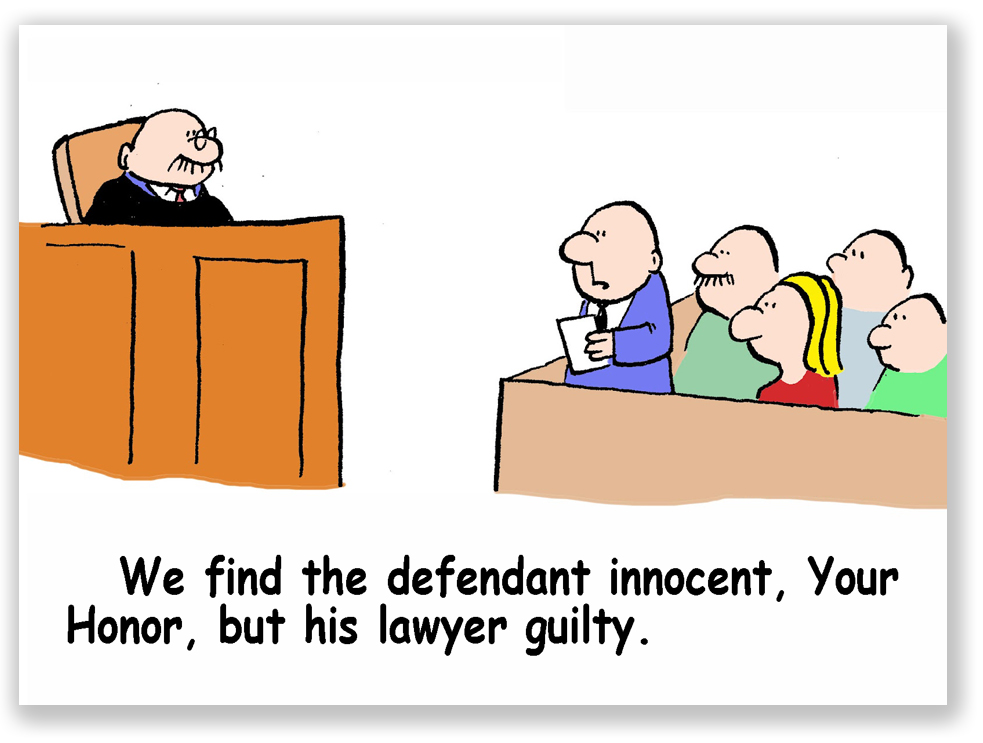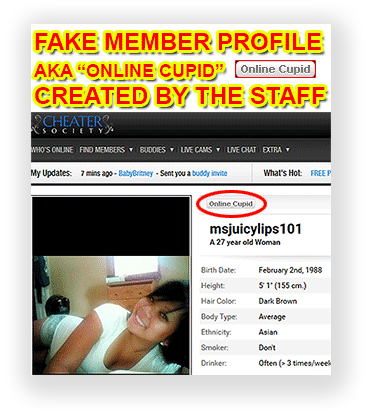We’re still doing a weekly newsletter… we’re just posting pieces of it every day. The news is fresher this way…
SOMETIMES, VICTIMS HAVE TO BE REAL
It seems as though everyone took the week off except for the 5th Circuit. Over the past few days, we’ve written on two 5th Circuit decisions issued in the past week, and today we visit a third. Bu first, a word from the Supreme Court…
We ought to note that the 5th Circuit was front-and-center at the Supreme Court this week, with some justices expressing skepticism about the 5th’s unusually restrictive standard for granting certificates of appealability (COAs) in habeas corpus cases. That arose during arguments in Buck v. Davis, a Texas death-row case in which Buck’s trial lawyer introduced testimony by a psychologist during the penalty phase that Buck was statistically more likely to be dangerous in the future because he is black. His lawyer’s eliciting and use of that testimony, Buck argues, violated his constitutional right to an effective attorney.
 It was a good sign for Buck that only few minutes into the argument, Justice Samuel Alito – described by one observer as “perhaps the justice least likely to be sympathetic to criminal defendants” – said that “what occurred at the penalty phase of” Buck’s trial “is indefensible.”
It was a good sign for Buck that only few minutes into the argument, Justice Samuel Alito – described by one observer as “perhaps the justice least likely to be sympathetic to criminal defendants” – said that “what occurred at the penalty phase of” Buck’s trial “is indefensible.”
One of Buck’s claims is that the 5th Circuit’s standard for granting COAs is flawed. Some of the justices’ comments suggested sympathy to his claim. Justice Elena Kagan noted that in death penalty cases, the 5th Circuit denies COAs ten times more often than does the neighboring 11th Circuit. She observed that the statistic “does suggest that one of those circuits is doing something wrong.”
The Buck decision may well be a rich resource for inmates seeking post-conviction remedies under 28 U.S.C. 2254 (state prisoners) or 28 U.S.C. 2255 (federal prisoners), addressing ineffective assistance of counsel issues and standards for grant of COAs under 28 USC 2253.
Over the past few days, we’ve written on two 5th Circuit decisions issued in the past week, and today we visit a third. It’s unusual for several reasons, not the least of which is that the defendant in a child sex case is female.
 Lydia Vasquez, a mother of five children, developed an Internet relationship with a man from another state named Keith. Keith was quite real, but he was also an FBI informant. During their long and disturbing electronic relationship, Lydia tried to entice him to visit her by offering to let him have sex with both her 12-year old daughter and her cousin’s infant (after the baby was born). At that point, it was too weird even for Keith, and he had an FBI agent step in, pretending he was Keith and continuing the relationship.
Lydia Vasquez, a mother of five children, developed an Internet relationship with a man from another state named Keith. Keith was quite real, but he was also an FBI informant. During their long and disturbing electronic relationship, Lydia tried to entice him to visit her by offering to let him have sex with both her 12-year old daughter and her cousin’s infant (after the baby was born). At that point, it was too weird even for Keith, and he had an FBI agent step in, pretending he was Keith and continuing the relationship.
The FBI agent, still posing as Keith, agreed to fly into Texas from Michigan. Lydia was and Lydia was arrested on her way to pick him up at the airport. She pled guilty to inducing and enticing Keith to travel interstate to engage in indecency with a child, in violation of 18 U.S.C. § 2422(a).
When Lydia went for sentencing, the district court concluded that because her conduct involved a minor under the age of 12 (the infant), the 8-level enhancement in U.S.S.G. § 2G1.3(b)(5) applied. But there was a catch. Apparently, Lydia made up the story about the cousin’s infant. The district court said it didn’t matter if the baby was fictitious, the 8-level enhancement still applied.
The 5th Circuit reversed her 140-month sentence.

For purposes of Sec. 2G1.3(b)(5), the Guidelines defines a “minor” as (1) an individual under 18 years old; (2) an individual, whether fictitious or not, who a law enforcement officer says is under 18; or (3) an undercover cop who says he or she is under 18 years. Lydia and the Government agreed that only the first definition applied in this case, but the government argued the district court should hang the enhancement on Lydia even if the baby wasn’t real.
The Court of Appeals held that the plain language of the definition meant that the enhancement in Sec. 2G1.3(b)(5) “does not apply where the defendant solicits another person to engage in unlawful sexual activity with a fictitious minor, invented by the defendant, under twelve years of age. For the enhancement to apply under these circumstances, the minor must be a real person.”
Lydia’s presentence report had concluded that it was unclear whether the baby was real or not, so the Court remanded the case for the judge to rule on the question.
United States v. Vasquez, Case No. 15-41168 (5th Cir. Oct. 5, 2016)

